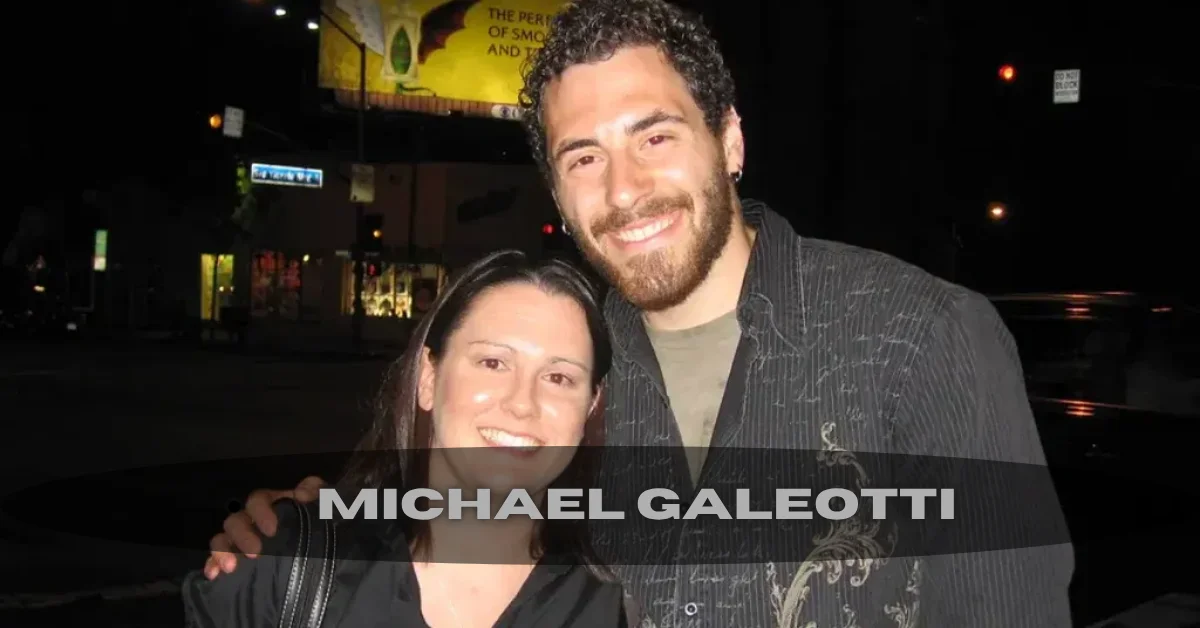Introduction
The religious world was rocked recently when serious cult allegations surfaced against The Big House Family Ministry, with Michael Galeotti, a prominent leader in the organization, at the center of the storm. These claims have stirred up intense debate, skepticism, and concern from both followers and outsiders. So, what’s the real story behind these accusations, and how is Galeotti responding? Let’s dig deep.
Who is Michael Galeotti?
Michael Galeotti has been a key figure in The Big House Family Ministry for years. Known for his passionate sermons and community outreach, he’s built a reputation as a charismatic and dedicated leader. Before these allegations, Galeotti was seen by many as a guiding light for the ministry’s members, spearheading initiatives aimed at strengthening family bonds and promoting spiritual growth.
Understanding The Big House Family Ministry
Founded over a decade ago, The Big House Family Ministry grew quickly, gaining a loyal following by emphasizing strong family values, community support, and personal transformation. The ministry operates through local chapters, offering events, counseling, and group activities that foster a sense of belonging and spiritual fulfillment. Its leadership, including Galeotti, has been viewed as approachable and transparent—until now.
The Cult Allegations Explained
The allegations paint a very different picture. Several former members have come forward claiming the ministry exerts undue control over its followers, demanding unquestioning loyalty, and using manipulative tactics to maintain authority. Accusations include emotional coercion, isolation from outside influences, and even financial exploitation. Media outlets have quickly seized the story, amplifying the controversy and drawing sharp public criticism.
Michael Galeotti’s Response
Breaking his silence after weeks of speculation, Galeotti issued a statement denying all cult-like behavior within the ministry. In interviews, he described the accusations as “deeply hurtful” and “misrepresentations of the ministry’s true nature.” He emphasized transparency, accountability, and a commitment to addressing any concerns openly. His tone was firm yet conciliatory, aiming to rebuild trust and calm the unrest.
The Impact on The Big House Family Ministry
The fallout has been significant. Internally, ministry leaders have launched reviews and increased communication with members to ensure clarity and support. Many followers remain loyal, expressing faith in Galeotti’s leadership, while others are leaving or demanding reforms. On social media, debates rage—some defending the ministry’s mission, others warning of hidden dangers.
Expert Opinions on Cult Allegations in Religious Groups
Experts in psychology and sociology note that cult allegations often stem from a combination of high control environments and emotional dependence. Dr. Lisa Raymond, a cult behavior specialist, explains, “Religious groups walk a fine line between devotion and control. It’s crucial to differentiate genuine faith from coercion.” Comparing this case to others, experts stress the importance of transparency and open dialogue in preventing abuse.
Legal and Ethical Implications
Legal authorities have reportedly started preliminary inquiries, though no formal charges have been announced. Ethically, leaders like Galeotti face heightened scrutiny, as maintaining followers’ well-being is paramount. The situation highlights the blurred lines ministries must navigate between spiritual guidance and personal freedom.
How Followers are Reacting
Among followers, reactions are mixed. Some have rallied in support, emphasizing the positive impact the ministry has had on their lives. Others voice frustration and fear, sharing personal stories of feeling trapped or pressured. Community events have become platforms for both solidarity and protest.
Media’s Role in the Controversy
The media’s portrayal has varied—some outlets offer balanced coverage, while others sensationalize the allegations, possibly exacerbating tensions. This media dynamic influences public opinion, sometimes leading to premature judgments without all facts.
The Importance of Transparency in Religious Ministries
Transparency isn’t just a buzzword here—it’s essential. Ministries that operate openly, encourage questions, and admit flaws build lasting trust. The Big House Family Ministry’s current crisis underscores the need for clear communication and accountability to prevent misunderstandings and protect members.
What Happens Next?
Looking forward, expect more scrutiny from both legal bodies and the public. The ministry is reportedly working on improved governance structures and clearer policies. Galeotti’s next moves will be critical in shaping the future reputation of The Big House Family Ministry.
Broader Implications for Religious Communities
This controversy serves as a cautionary tale. Religious communities everywhere can learn from it by proactively addressing concerns and fostering environments that prioritize autonomy alongside faith. The demand for ethical leadership is louder than ever.
Conclusion
Michael Galeotti’s break in silence marks a pivotal moment for The Big House Family Ministry. While the cult allegations have shaken the foundation, the path forward depends on honesty, accountability, and healing. Whether the ministry emerges stronger or faces lasting damage hinges on how all parties navigate these challenging waters. Remember, faith communities thrive when trust and transparency lead the way.

